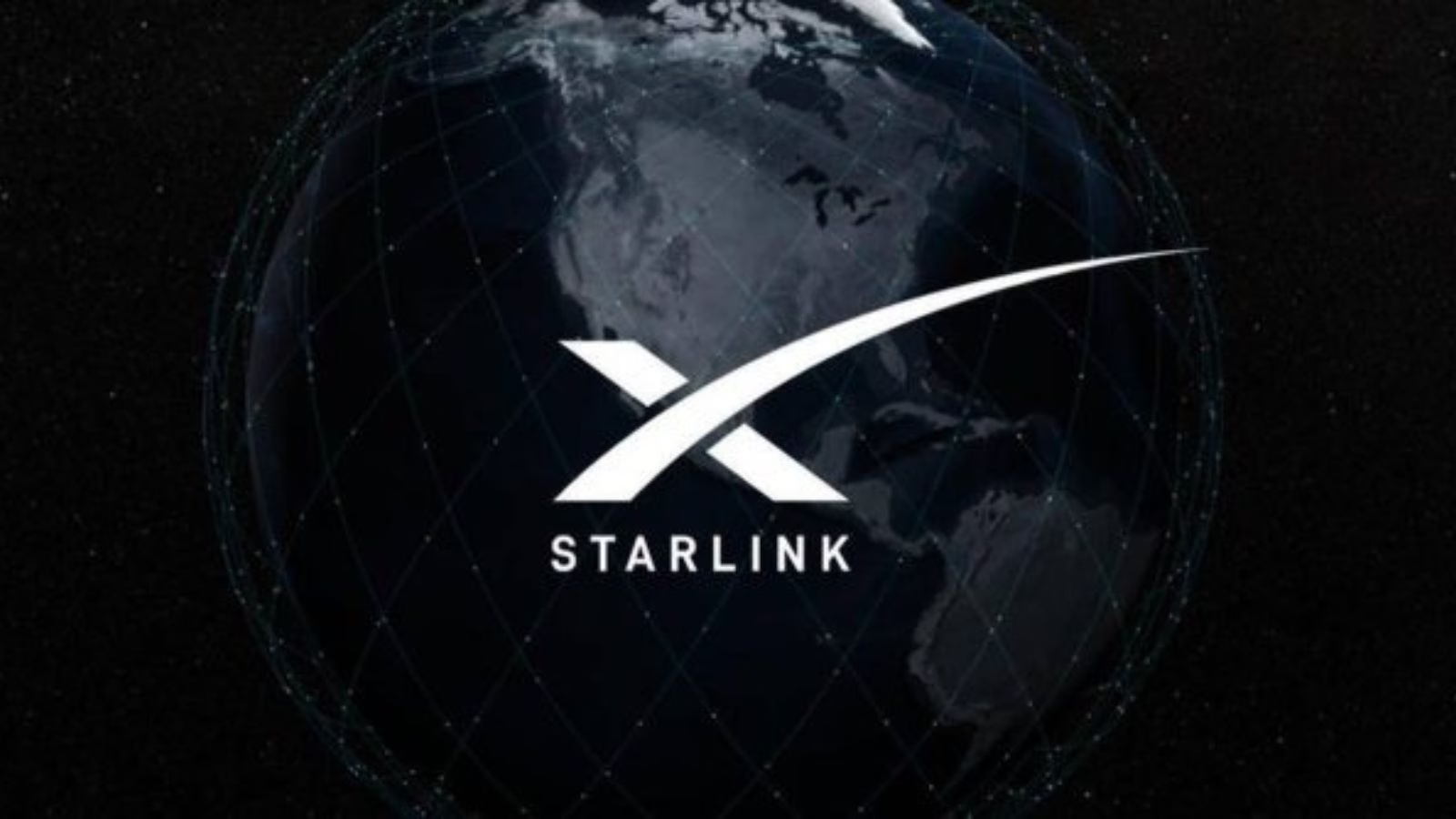Stay updated with the latest - Click here to follow us on Instagram
Greenwashing concerns legitimate, regulation and standards needed, says ReNew Power CEO
Sumant Sinha, CEO of ReNew Power, India’s largest renewable energy company, said a lot of corporations were making unrealistic claims on climate actions and still “getting by easily”.
 Sumant Sinha, CEO of ReNew Power, has said there was a need for regulation and robust processes of measurement and validation of claims being made by companies on their green actions. (Express Photo by Manoj Kumar)
Sumant Sinha, CEO of ReNew Power, has said there was a need for regulation and robust processes of measurement and validation of claims being made by companies on their green actions. (Express Photo by Manoj Kumar)Acknowledging the widespread prevalence of greenwashing in the corporate world, Sumant Sinha, CEO of ReNew Power, India’s largest renewable energy company, has said there was a need for regulation and robust processes of measurement and validation of claims being made by companies on their green actions.
In an interview with The Indian Express in Sharm el-Sheikh, Sinha said a lot of corporations were making unrealistic claims on climate actions and still “getting by easily” in the absence of institutions and structures to measure and monitor.
“We have to be a lot tougher with people on what disclosures they are making. There is no doubt about it. A lot of double counting is going on. And a lot of times, the green capital a corporation is claiming to raise is just not there. Someone needs to verify these claims. Right now, there is no one verifying,” Sinha said.
Last week, at the COP27 meeting, UN Secretary-General Antonio Guterres warned companies with net-zero targets not to indulge in greenwashing, and gave them a year to upgrade their processes to show the actual results of their climate actions.
“We must have zero tolerance for net-zero greenwashing,” Guterres had said. Greenwashing refers to a range of activities that companies or even countries indulge in to present misleading or dubious claims about their climate action.
I have returned to #COP27 to appeal to all negotiating to deliver the ambitious & meaningful #ClimateAction we so desperately need.
This is no time for finger pointing.
The blame game is a recipe for mutually assured destruction.But #COP27 can make a difference here & now. pic.twitter.com/RPKfiGdACl
— António Guterres (@antonioguterres) November 17, 2022
Sinha said the biggest problem was the lack of standards and regulations.
“There is a lack of common standards across the world. So that has to come up. Initially, there will be a fight over standards. The western world might put up some standards, we might want to put up our own standards. But eventually, common standards will evolve. The second thing is that there aren’t any independent bodies that are measuring any of this. So, there are no standards, there are no baselines, there is no measuring and there is no validation. All this infrastructure needs to evolve quickly. But, I don’t see a lot of efforts going on in this direction right now,” he said.
Sinha said companies would be forced to take more effective climate actions because eventually they too would start to get impacted.
“It hasn’t happened in a big way till now, but it will. If there are unseasonal, unexpected rains, for example, and my entire solar farm is flooded, the company would be affected. And if this happens at frequent intervals, the returns will simply not stack up. There are quite a bit of uncertainties. Over time, the radiation levels may change, wind levels may change. And many of these are very hard to forecast. The corporate world has a very large stake in this,” Sinha said.
“Maybe, things have not reached a point where companies have had to draw up contingency plans, but eventually they would have to. And, I think it is not very far away in time. There are very large assets of companies that are extremely vulnerable to the impacts of climate change,” he said.
- 01
- 02
- 03
- 04
- 05































